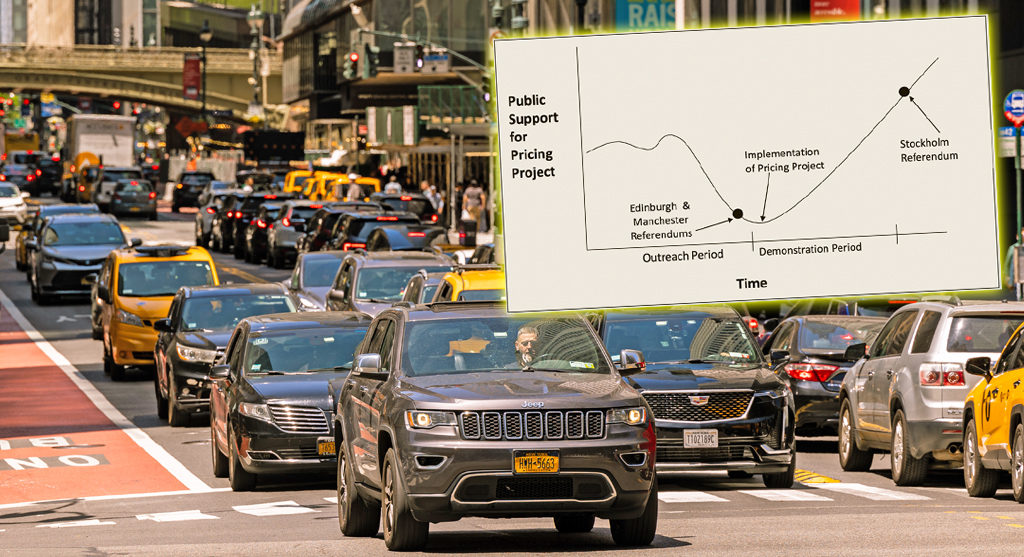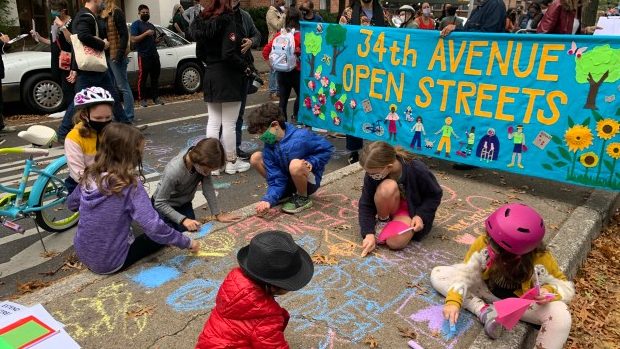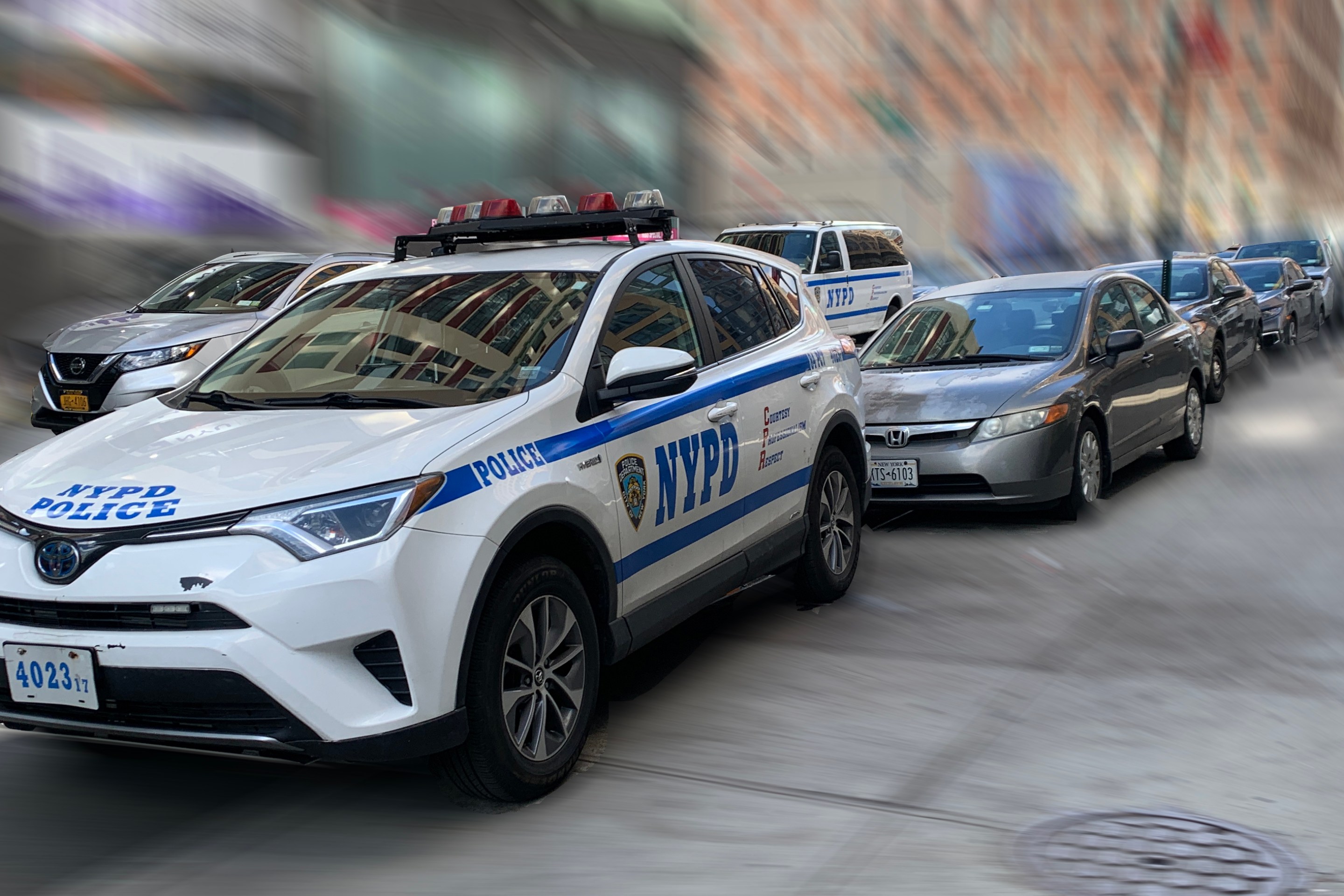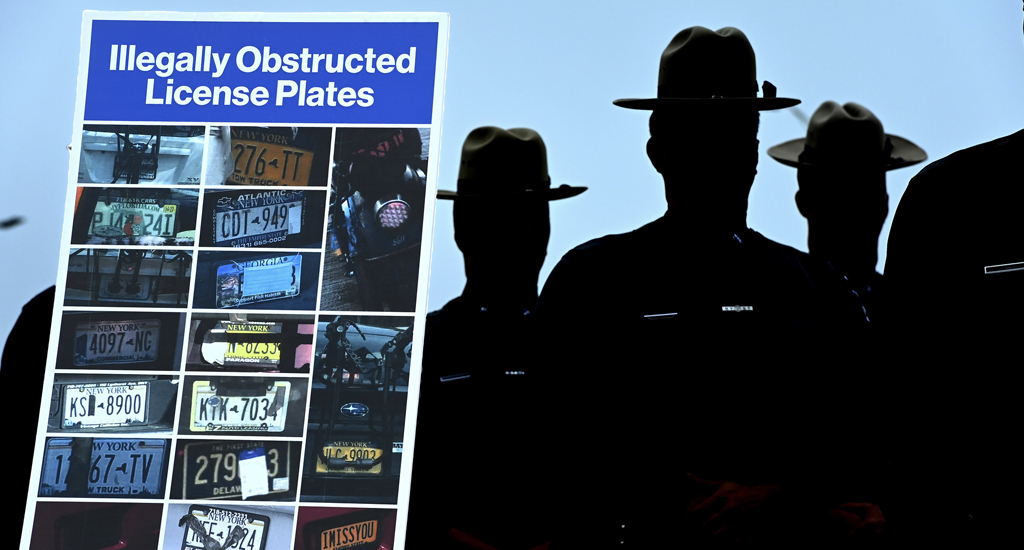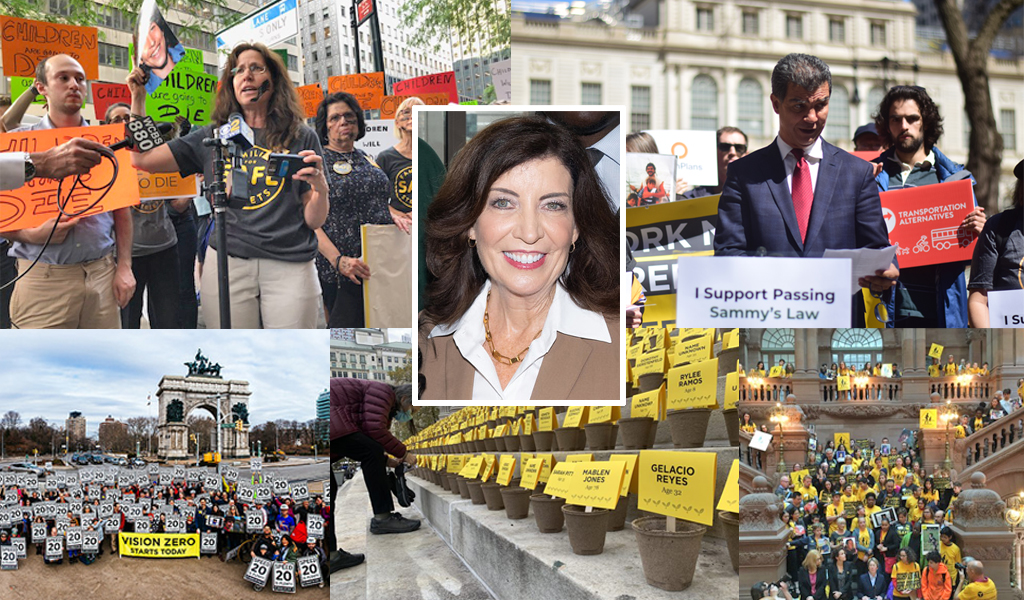In its headlong rush to build a new Tappan Zee Bridge, the Cuomo administration still hasn't answered basic questions about why the project won't include transit or how it will be financed.
Today is the last day the Cuomo administration will be accepting public comments on the draft EIS for the new Tappan Zee Bridge. All over Westchester, Rockland, and Orange counties, officials are calling for a commitment to transit on the bridge consistent with the last decade of public planning.
In a functional process, the state would collect public input, fully address key questions, respond to major concerns by revising the project, and then start soliciting bids for design and construction contracts. But the die seems to be cast already: The administration put out the final RFP to its shortlist of preferred firms three weeks ago.
Meanwhile, huge question marks remain:
- Earlier this week the local chapter of the American Planning Association expressed serious doubts about the administration's cost estimates for building bus rapid transit on the bridge and asserted that the project would violate criteria in New York state's smart growth law.
- The Tri-State Transportation Campaign wrote this week that a bridge without transit cannot meet one of the project's stated purposes in the DEIS: to improve mobility.
- And according to analyst Charles Komanoff, the cost of building the bridge's extravagantly wide spans could lock in car-oriented planning for decades.
You can read Komanoff's full analysis in this PDF. An edited version of his letter to the state DOT follows the jump.
I write out of my concern that, as currently envisioned, the replacement Tappan Zee Bridge will be too expensive for its costs to be borne exclusively by bridge users; and that much of the costs will spill over to other state agencies, authorities and/or taxpayers, with adverse consequences to the efficiency and fairness of transportation and governmental administration throughout New York State.
Related to this concern is my fear that the bridge's excessively high cost could create a perverse incentive for state officials to subsidize or otherwise facilitate driving, and to under-invest in public transit, in the I-87 / I-287 corridor and the lower Hudson Valley, in order to maximize throughput on the bridge and thus restrain the rate of toll hikes on the Tappan Zee. The resulting boost in traffic would last for generations, adversely affecting the quality of life and commerce in the downstate region...
It is my view that, well before any contracts are let for the replacement bridge, the public needs to know, at a minimum:
- How will the replacement TZB be paid for?
- What is the minimum size and cost of a bridge that could provide 4 lanes of traffic flow in each direction, and with reasonable (not gold-plated) provision for breakdown and emergency access?
- Has the Thruway Authority factored into their "how-to-pay" analysis, the likelihood that increases in tolls on the Tappan Zee Bridge will reduce traffic throughput and, thus, require further toll increases?
I would be pleased to confer with you and your staff regarding these issues and concerns.

